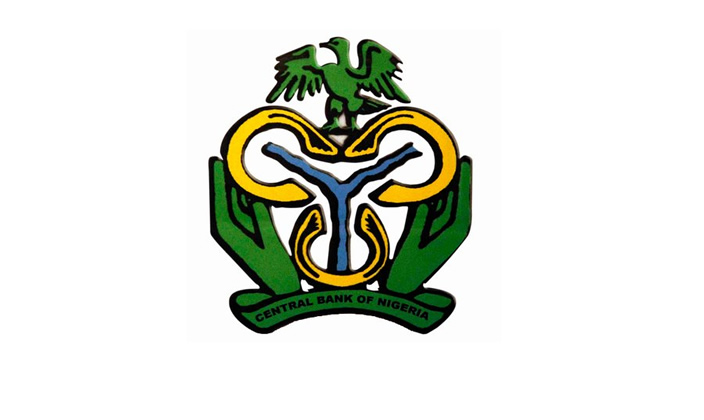The Nigerian travel industry is grappling with a renewed crisis stemming from dollar transaction limitations imposed by the Central Bank of Nigeria (CBN). These restrictions, initially implemented to curb capital flight and stabilize the naira, are now hindering the ability of travel agents to remit ticket sale proceeds to international airlines, creating a déjà vu of the challenges faced during the COVID-19 pandemic when airlines struggled to repatriate trapped funds. This precarious situation is exacerbated by the insistence of several major international airlines, including Emirates, Delta, and United Airlines, on receiving payments exclusively in dollars, a policy perceived by some as an infringement on Nigeria’s national sovereignty.
The genesis of the current predicament lies in the aftermath of the COVID-19 pandemic, during which foreign airlines experienced significant delays in repatriating funds due to dollar scarcity. To mitigate this risk, airlines implemented measures like restricting Nigerian travel agents from issuing tickets originating from other countries. While the Nigerian government subsequently cleared the backlog of trapped funds, some airlines have continued to demand dollar payments, citing pre-existing Bilateral Air Service Agreements (BASAs) and promises made by the Nigerian government as justification. This insistence on dollar transactions, however, places an undue burden on travel agents who now face the daunting task of navigating the CBN’s stringent dollar transaction limits.
The CBN’s policy, which caps daily dollar withdrawals and transfers at $10,000, has effectively boxed in travel agents. The volume of ticket sales, particularly for business class tickets that can cost thousands of dollars each, often far exceeds this limit. This creates a bottleneck, delaying remittances and placing travel agents at risk of defaulting on payments to the International Air Transport Association (IATA), the designated bank for airline ticket fund repatriation. Such defaults can lead to blacklisting, effectively crippling the operations of these agencies. The policy, therefore, not only creates operational challenges but also poses an existential threat to many travel agencies in Nigeria.
Industry stakeholders have expressed strong criticism of the government’s handling of the situation, particularly its acquiescence to the demands of foreign airlines to charge ticket fees in dollars. This practice, they argue, not only increases the financial burden on Nigerian travelers but also undermines the nation’s sovereignty. The National Association of Nigeria Travel Agencies (NANTA) had previously called on the Nigeria Civil Aviation Authority (NCAA) to intervene and stop foreign airlines from selling tickets in foreign currencies, but their appeal seemingly went unheeded. This inaction has further fueled concerns about the government’s commitment to protecting the interests of local businesses and consumers.
Travel agents are caught in a crossfire. They are obligated to remit funds to airlines in dollars, while the CBN policy severely limits their ability to do so. Susan Akporaiye, former NANTA president and CEO of Topaz Travels and Tours, highlighted the predicament, explaining that the volume-based nature of the travel business necessitates large dollar transactions, which are now impossible under the current restrictions. She pointed out the irony of airlines demanding dollar payments despite the resolution of the trapped funds issue, emphasizing that the resumption of naira transactions should be the logical next step. The imposition of dollar-denominated sales, particularly by major airlines like Emirates and American Airlines, significantly exacerbates the challenges faced by travel agents under the CBN policy.
Bankole Bernard, Group Managing Director of Finchglow Holdings, echoed Akporaiye’s concerns, placing the blame squarely on the federal government for allowing foreign airlines to dictate payment terms. He questioned the government’s rationale for yielding to these demands without considering the adverse impact on local travel agents and the broader Nigerian economy. The current situation, he warned, puts travel agents at imminent risk of defaulting on IATA payments, which could lead to blacklisting and the disruption of their operations. While NANTA’s president, Yinka Folami, has assured stakeholders that discussions are ongoing with the government to find a solution, the urgency of the situation and the potential for widespread disruption in the travel industry necessitate swift and decisive action.


